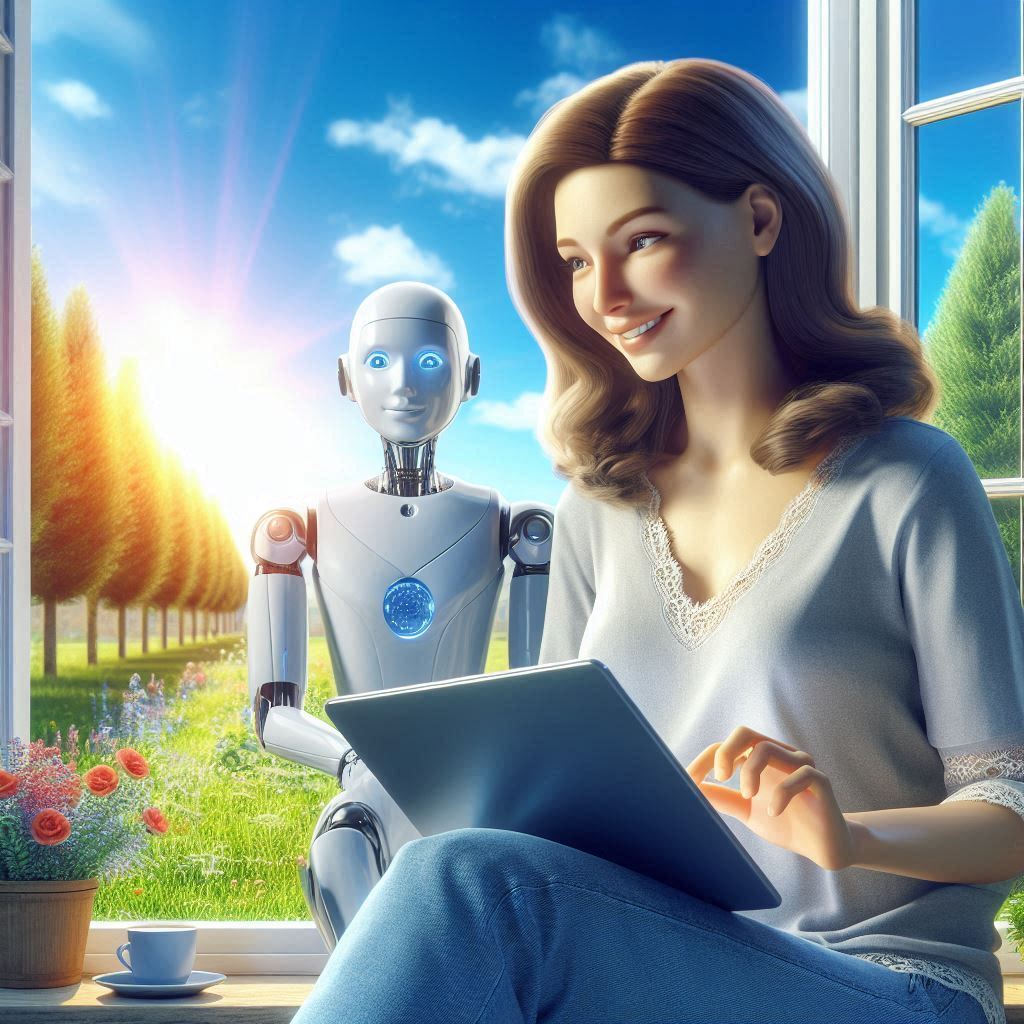The Revolution of Computing and Artificial Intelligence in the World
Introduction
In recent years, computing technology and artificial intelligence (AI) have experienced impressive advances, transforming entire sectors and shaping the future of our society. Since the industrial revolution, few technological innovations have had as profound an impact as computing and AI. This article explores the evolution of these technologies, their applications, and the challenges we face as we integrate AI into our daily lives.
The Evolution of Computing
The First Computers
The history of computing began with simple machines designed to perform basic calculations. The first computers, like the ENIAC, were gigantic and consumed enormous amounts of energy. However, they paved the way for more advanced and efficient developments.
The Era of Personal Computers
Over time, computers became smaller, faster, and more accessible. The introduction of personal computers (PCs) in the 1980s democratized access to technology. Companies like Apple, IBM, and Microsoft played crucial roles in popularizing PCs, turning them into essential tools for both home and professional use.
The Internet Revolution
The invention of the internet marked a new era in computing. Global connectivity enabled the instant exchange of information, revolutionizing communication, commerce, and entertainment. Web 2.0, characterized by interactivity and online collaboration, gave rise to social networks, blogs, and other platforms that allowed users to create and share content.
Artificial Intelligence: Concept and Applications
What is Artificial Intelligence?
Artificial intelligence refers to the ability of machines to imitate intelligent human behaviors. This includes learning, reasoning, perception, and decision-making. AI is a broad field that includes subareas such as machine learning, neural networks, natural language processing, and computer vision.
Applications of AI
Virtual Assistants
Virtual assistants like Siri, Alexa, and Google Assistant use AI to understand and respond to voice commands, helping users with daily tasks such as sending messages, setting reminders, and searching for information on the internet.
Medical Diagnosis
In healthcare, AI is revolutionizing the diagnosis and treatment of diseases. Machine learning algorithms can analyze large volumes of medical data to identify patterns and predict diagnoses with high accuracy, assisting doctors in decision-making.
Industrial Automation
AI is also transforming the manufacturing industry. Intelligent robots can perform complex tasks with high precision and efficiency, reducing costs and increasing productivity.
Autonomous Vehicles
Autonomous vehicles are one of the most exciting applications of AI. Companies like Tesla and Waymo are developing cars that can drive themselves, promising to reduce accidents and traffic congestion, as well as improve urban mobility.
Data Analysis
The ability of AI to analyze large amounts of data at high speed is revolutionizing sectors such as finance, marketing, and cybersecurity. Predictive analytics tools help companies make data-driven decisions, detect fraud, and optimize operations.
Challenges and Ethical Considerations
Privacy and Security
As AI becomes more integrated into our lives, concerns about privacy and security arise. The massive collection of personal data by companies and governments raises questions about how this information is used and protected.
Bias and Discrimination
AI algorithms can reflect and amplify biases present in the data they were trained on. This can result in discrimination in areas such as hiring, credit, and law enforcement. It is crucial to develop methods to identify and mitigate these biases.
Impact on Employment
AI-driven automation has the potential to replace many traditional jobs, which can lead to unemployment and economic inequality. However, it can also create new job opportunities in emerging sectors, requiring a reskilling of the workforce.
The Future of AI
Technological Advances
The future of AI promises even more significant advances. Technologies like quantum AI, which uses principles of quantum physics to process information exponentially faster, are under development and could revolutionize the field of computing.
Integration with Daily Life
As AI becomes more advanced and accessible, it is expected to integrate even further into our daily lives. Smart homes, connected cities, and more sophisticated personal assistants are just some of the ways AI will continue to shape our world.
Conclusion
Computing technology and artificial intelligence are rapidly transforming our world, bringing significant benefits and complex challenges. While we celebrate the advances these technologies provide, it is crucial to address the ethical and social issues that arise with their adoption. By balancing innovation with responsibility, we can ensure that AI contributes to a brighter and more inclusive future for all.



